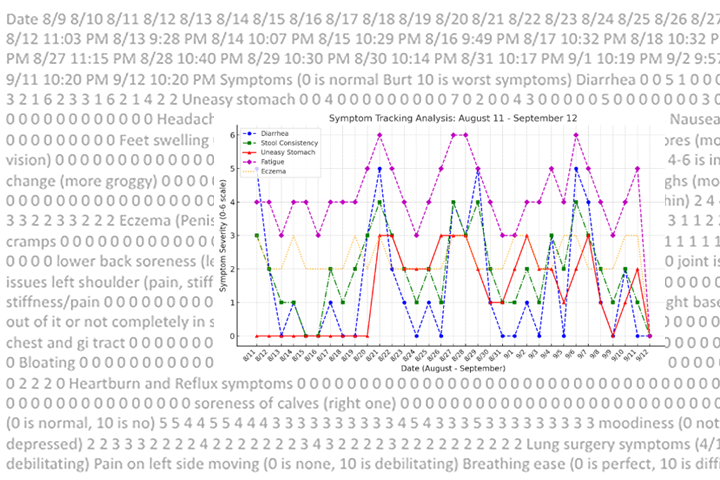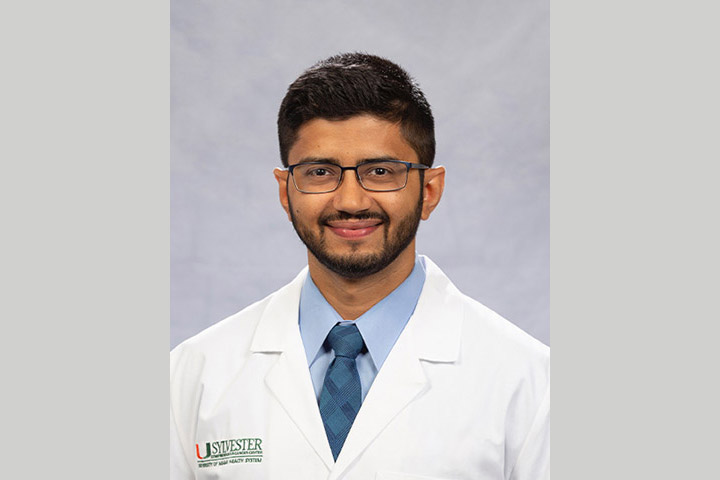Pancreatic Cancer Exceptional Responders and the Immune System Link

Ongoing research is providing physicians and scientists with increasingly important information about the molecular underpinnings of the more than 100 diseases we collectively call cancer.
Now, more than at any other time, better treatments resulting from this research are giving patients who were once considered beyond the scope of help a chance at longer-term survival—sometimes even a cure. But despite these advances in treatment, too many cancer patients succumb to their disease.
Then there are patients who somehow defy the odds. They have advanced lung or pancreatic cancers and receive treatment that unfortunately doesn’t help most patients survive longer term—but these individuals survive. It’s these rare people, the so-called “exceptional responders,” who fascinate scientists, since they may hold important clues as to how to best help others.
Who Is an Exceptional Responder?
The whole concept of exceptional responders is undergoing significant study. In 2014, the National Cancer Institute (NCI) launched its Exceptional Responders Initiative. The goal of this study is to attempt to determine what molecular features are in play when someone responds to cancer treatment that has done little to help other patients.
For this study, the NCI defined exceptional responders as patients who enrolled in early-phase clinical trials in which fewer than 10 percent of the patients responded to the treatments being studied. They also included patients who were treated with drugs not found to be generally effective for their disease and patients who were treated in later-phase clinical trials of single agents or combinations. Patients who were treated with established therapies were also included in the study. Molecular analysis is ongoing.
There is also the Harvard Medical School NEER (Network of Enigmatic Exceptional Responders) study. Researchers there want to compile a large national registry of so-called exceptional responders. They are looking for people who have had a unique response to cancer treatments that are not effective for most other patients. Aside from gene sequencing, patient data on diet, lifestyle, medical history, and other factors will also be examined.
The Immune System Connection in Pancreatic Cancer
Even pancreatic cancer has exceptional responders. “You hear from oncologists and surgeons about these patients because it seems that everybody has had one, but no one knows what’s different about them,” says surgeon-scientist Dr. Vinod Balachandran, a member of the David M. Rubenstein Center for Pancreatic Cancer Research at Memorial Sloan Kettering Cancer Center in New York. But he and his colleagues have recently found one important clue. “The long-term survival of pancreas cancer patients is dismal, but the question of course is why do some patients survive longer than others, and we thought at least part of the answer had to do with the immune system,” he explains. His research focuses on investigating T cell immunobiology in pancreatic cancer.
In a study published in the journal Nature, the researchers found that pancreatic cancer patients with more of the specialized cancer-fighting cells called T cells present in their tumors survived longer. The research team was also able to identify the particular components of the tumor that drew in those immune cells.
Based on his lab’s work, and that of other groups, pancreatic cancer may not be as immune-system unfriendly as previously thought. “The immune system does its job best when it sees the cancer,” Balachandran says.
The group began their study by comparing the differences between tumors from patients who survived six years on average to those who survived less than one year on average. Long-term survivors of pancreatic cancer had 12 times as many activated T cells as people with poorer outcomes. Balachandran notes that “the easiest way to think about it is that long-term survivors have better targets in their tumors that make their tumors more easily spotted by the immune system.”
What made these T cells special and aided a patient’s exceptional response was the ability of these T cells to recognize mutations or DNA breaks in cancer cells called neoantigens. Neoantigens (think of them as a subset of antigens) are made up of proteins resulting from mutated genes. The researchers found that T cells recognizing cancer neoantigens are present in the blood of long-term survivors up to 12 years after the tumors were removed by surgery.
“What we believe is that these neoantigens have particular characteristics that may give the immune system a long-term memory, so they can fight the tumor,” Balachandran says. He adds that the study with its 82 patients is currently the largest study of its kind looking at long-term survivors of pancreas cancer.
He and his colleagues were surprised by the results. “It was thought that pancreatic cancer doesn’t have any neoantigens for the immune system to find and attack,” he says. “Our data suggest that’s not necessarily the case.”
From the Lab to the Clinic
The findings may have clinical applications, since neoantigens could be a potential biomarker for immunogenic tumors, and could also be used as cancer vaccine targets, Balachandran continues. His group is in the process of designing a clinical trial of neoantigen vaccine therapy for pancreatic cancer patients. “The goal is to improve vaccine therapies (for pancreatic cancer and other forms of cancer) and understand what makes a good cancer vaccine that can be used to treat patients.”
New treatments can’t come soon enough. “I hate cancer, and I absolutely hate pancreatic cancer,” he says. “Cancer is the second leading cause of death in the U.S., with one in three Americans expected to develop cancer in their lifetime. And pancreatic cancer will soon become the second leading cause of cancer death in the U.S.”
“I’m a surgeon and scientist—if you look at the numbers, most people are diagnosed too late for surgeons like myself to help them with an operation. I am absolutely determined to help find ways to make this disease more manageable and treatments more effective.”





